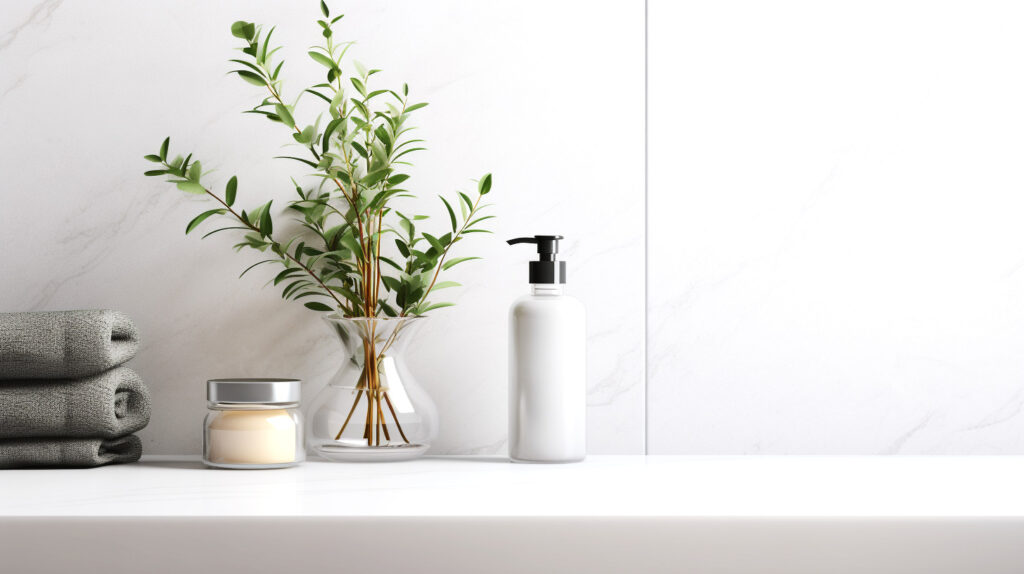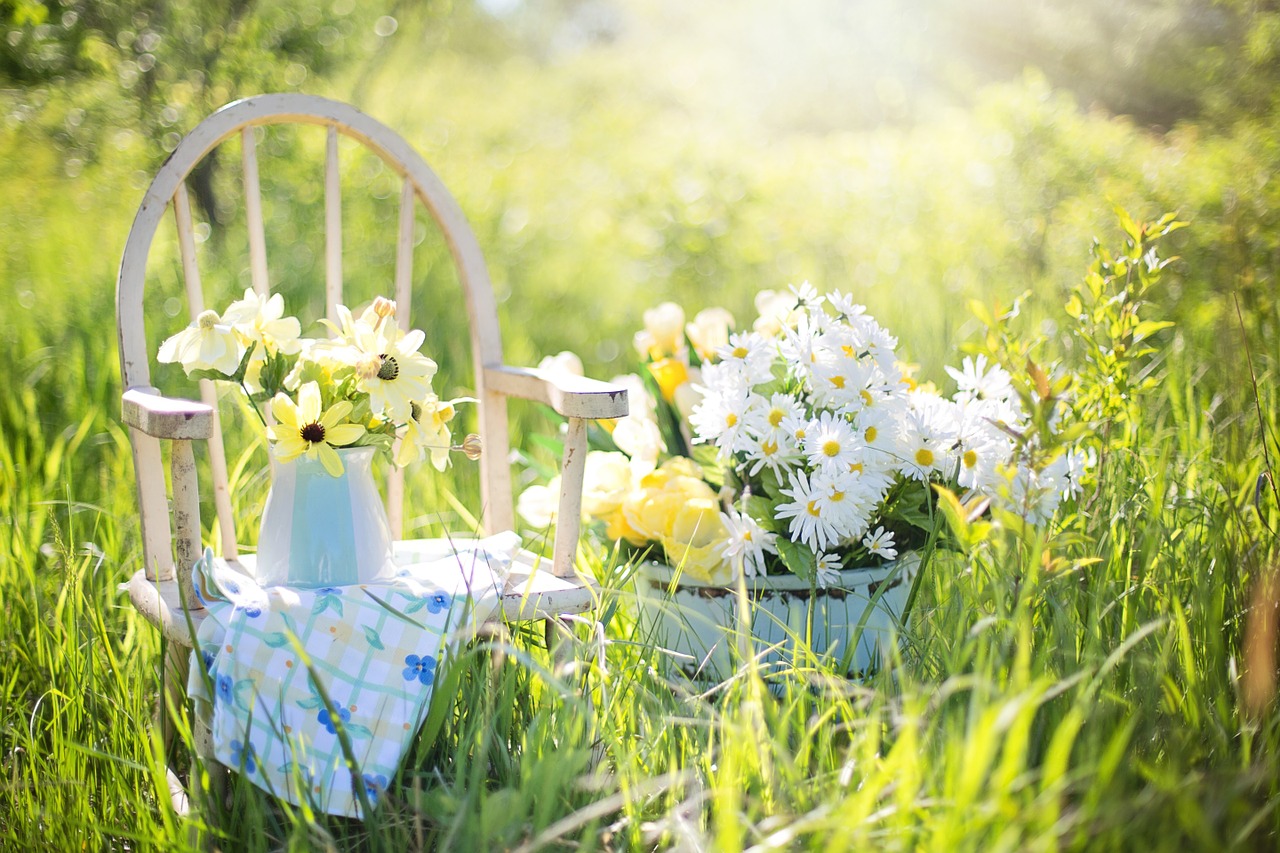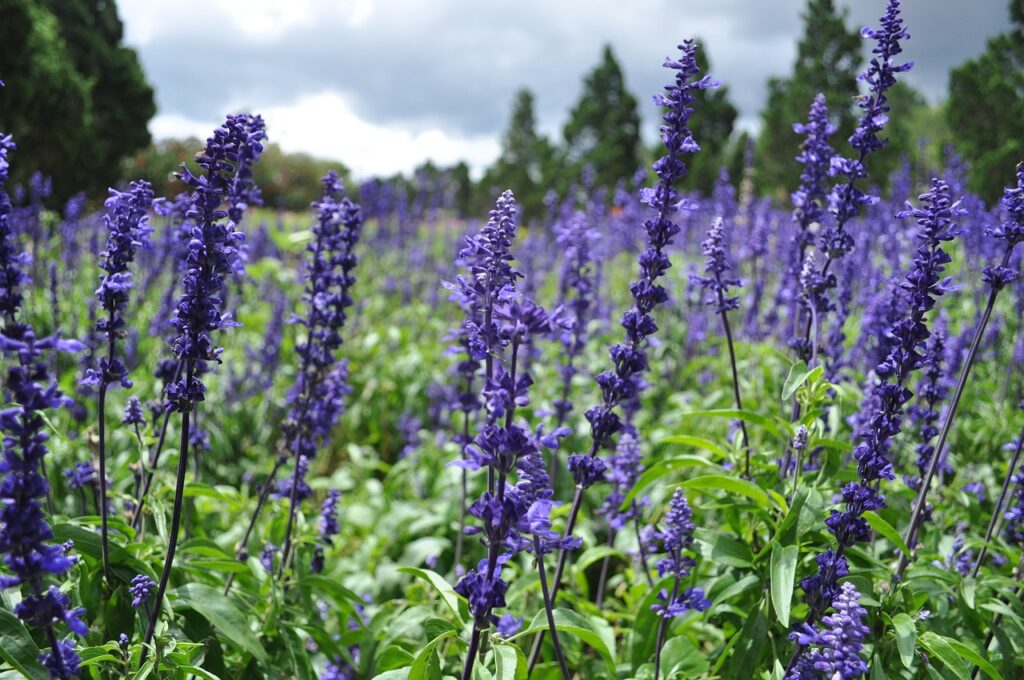Using Essential Oils in the Shower: Comprehensive Guide – 7 Best Shower Oils
Have you ever considered how much your daily shower routine may affect your health, well-being, and overall mood? If not, it’s time to start. Incorporating essential oils into this everyday act can transform it from a mundane task into a highly beneficial and therapeutic experience.
- The Therapeutic Power of Essential Oils
- Understanding Essential Oils
- Ways to Use Essential Oils in the Shower: Scrubs, Steamers, and More
- The Top 7 Essential Oils to Use in the Shower
- Precautions When Using Essential Oils in the Shower
- Frequently Asked Questions About Using Essential Oils in the Shower
Why use essential oils in the shower? Let’s explore.
- Boosts Mood: The aromatic compounds in essential oils can stimulate your senses, uplifting your mood and promoting positive emotions.
- Relieves Stress: Certain essential oils have soothing properties that can help reduce anxiety and stress, creating a calming environment during your shower.
- May Improve Skin Health: Many essential oils have significant skin benefits, such as hydration, rejuvenation, and anti-aging properties.
The Therapeutic Power of Essential Oils
Essential oils are potent plant extracts renowned for their therapeutic properties. They’ve been used for centuries in various disciplines, like aromatherapy, where their fragrances have been utilized to promote relaxation and overall well-being. A shower’s warm, steam-filled environment can amplify these benefits, helping the oils to permeate your skin and invigorate your senses.
Health and Beauty Benefits
Did you know that essential oils are packed with health and beauty benefits? Lemon oil, for instance, is known for its refreshing scent that wakes you up and gets you ready for the day. Conversely, lavender oil has calming properties that can help you unwind after a long day.
Plus, many essential oils like tea tree and eucalyptus have antibacterial properties that cleanse and purify your skin. Unsurprisingly, incorporating these natural gems using essential oils in your shower routine can be incredibly beneficial.
Understanding Essential Oils
Essential oils, the highly concentrated versions of the natural oils in plants, have been used throughout history and within the context of holistic health for their diverse benefits. These oils capture a plant’s overall scent and flavor, or its “essence”. Let’s delve a little deeper into their world.
Origin and Extraction: Essential oils are extracted from plants using distillation or cold pressing methods. Once these aromatic chemicals have been extracted, they are combined with a carrier oil to create a product that’s ready for use.
- Distillation: The plant material is placed upon a grid inside the still. Once inside, the still is sealed, and steam or boiling water is introduced into the plant material. As the steam heats the plant material, the steam passes through the plant material, absorbing the plant’s oil. The steam then passes through a condenser, which cools and condenses to a liquid state. This liquid contains both water and essential oil. The two are separated, and the essential oil is collected.
- Cold Pressing: Applied most commonly with citrus oils, a large rotating spike punctures the peel, releasing the oil. The whole fruit is pressed to squeeze out the juice and the oil. The oil and liquid that is produced naturally separate and the oil is collected.
Benefits: The benefits of essential oils vary depending on the oil. They range from skincare benefits to aromatherapy, therapeutic grade treatments, and more. However, it’s important to note that essential oils should be used with caution. While they can provide considerable benefits, they are highly concentrated and can cause irritation or allergic reactions in some individuals.
“Essential oils can be a beneficial part of your daily routine. Whether you’re using them for aromatherapy, personal care, or household cleaning, essential oils have a place in every home.
Lastly, their benefits in aromatherapy are considerable, so they’re perfect for use in the shower.
Ways to Use Essential Oils in the Shower: Scrubs, Steamers, and More
Revitalizing your shower routine doesn’t have to be a daunting task. You can turn a simple shower into a therapeutic experience by incorporating essential oils. Curious about how to do this? Let’s explore some of the most effective and enjoyable methods to use these aromatic wonders in your shower routine.
1. Essential Oil Shower Scrubs
An excellent way to use essential oils in the shower is by adding them to your DIY shower scrubs. Just imagine the invigorating aroma of peppermint or the soothing scent of lavender mingling with your scrub’s exfoliating granules. Your skin will feel refreshed, and your senses will be awakened. Here’s a simple recipe to try:
DIY Essential Oil Shower Scrub:
- 1 cup of sugar or salt
- 1/2 cup of coconut oil
- 15-20 drops of your chosen essential oil
Mix these ingredients until well-blended. Use the scrub in the shower, gently massaging it onto your skin. Rinse off, and feel the difference!
2. Shower Steamers
Want to turn your shower into a mini spa? Try shower steamers. These are like bath bombs for the shower. Infused with essential oils, they release a soothing mist that envelops you as you shower. You can buy ready-made steamers or make your own. It can be a fun weekend project!
How to Make a Shower Steamer
If you’re ready to dive into the world of DIY shower steamers, here’s a simple recipe to get you started.
- Gather Your Ingredients: You’ll need 2 cups of baking soda, 1 cup of citric acid, 1 cup of cornstarch, 1/2 cup of water, and 20-30 drops of your chosen essential oil.
- Mix the Dry Ingredients: In a large bowl, combine the baking soda, citric acid, and cornstarch. Stir until well mixed.
- Add the Water: Slowly add the water to your dry ingredients, stirring as you go. The mixture should clump together when pressed.
- Add the Essential Oil: Add your chosen essential oil to the mixture and stir until it’s well combined.
- Mold the Steamers: Press the mixture into a silicone mold and let it dry for 24 hours.
- Use Your Shower Steamer: To use your shower steamer, simply place it on the shower floor away from the direct stream of water. As it dissolves, it will release the aromatic essence of your chosen essential oil.
The Benefits of Shower Steamers
Shower steamers are more than just a fun DIY project. They can transform your daily shower into a therapeutic experience. Infusing your shower with the aroma of essential oils can have a multitude of benefits, depending on the oil used.
Remember, different essential oils have different properties. Some are calming, others invigorating. Choose oils that match your mood or desired effects. Also, ensure that you are not allergic to any of the oils you choose to use.
For instance, lavender oil can help soothe stress and promote sleep, while eucalyptus oil can clear your sinuses and boost your mood. Or you can use peppermint oil to invigorate your senses and kick-start your day. The possibilities are endless!
So, make some steam and transform your shower experience!
Whether you’re a DIY enthusiast or just looking to experiment with essential oils, creating your own shower steamers can be a fun and rewarding project. You can even make extra and give them as gifts! So why not give it a try? Who knows, this might blossom into a new favorite hobby.
3. Aromatherapy Shower Spray
Aromatherapy sprays are another fantastic way to incorporate essential oils into your shower routine. Spray your favorite essential oil blend into the steamy air during your shower and inhale deeply. It’s a quick and easy way to enjoy the benefits of aromatherapy.
DIY Essential Oil Blend for Shower Aromatherapy
If you’re interested in enhancing your shower with the aromatic benefits of essential oils, here’s a simple recipe you can try:
- 10 drops of your favorite essential oil
- 1 ounce of distilled water
- 1 ounce of witch hazel or alcohol (to help disperse the oil in the water)
Combine all these ingredients in a small spray bottle, shake well, and your homemade aromatherapy spray is ready to use! Remember to shake the blend before each use to ensure the oils are well-mixed.
Tip: For a calming shower experience, try lavender or chamomile essential oil. For an uplifting morning shower, consider citrus oils like lemon or grapefruit.
4. DIY Essential Oil Shampoo or Body Wash
Why not add a few drops of essential oils to your shampoo or body wash? Choose oils that suit your hair and skin needs. For instance, chamomile is excellent for soothing the scalp, while tea tree oil is known for its antibacterial properties.
Now, let’s delve into the DIY world by creating our essential oil body wash. This recipe is straightforward and customizable, depending on your scent preferences and skin needs.
Essential Oil Body Wash Recipe
- Gather your ingredients: You will need 1/2 cup of unscented castile soap, 4 tablespoons of vegetable glycerin, 3 tablespoons of fractionated coconut oil, and 30-60 drops of your chosen essential oils.
- Combine your base: Mix the castile soap, vegetable glycerin, and coconut oil in a glass bottle. This forms the moisturizing base of your body wash.
- Add your essential oils: Now, add your chosen essential oils to the mix. Remember to consider your skin’s needs when selecting oils. If your skin is dry, consider oils like lavender or chamomile. Tea tree oil may be a good choice if your skin is acne-prone.
- Shake well: Close the bottle and shake it well to combine all the ingredients. Your body wash is now ready to use.
Remember, you can personalize this body wash by choosing different essential oils. Feel free to experiment and find your perfect blend!
Pro Tip: Always do a small patch test when trying a new essential oil on your skin to ensure you do not have an allergic reaction.
If DIY isn’t your style, don’t worry! You can still reap the benefits of essential oils in the shower. Add a few drops of your favorite oils to your natural shampoo or body wash. Voila! You’ve upgraded your shower routine instantly.
5. Essential Oil Infused Towels
Last but not least, infuse your towels with essential oils. Scented towels can make your post-shower experience more luxurious. Add a few drops of essential oil to a damp towel and let it dry. The next time you use it, you’ll be wrapped in a gentle aroma.
Now, if you’re into bulk tasks, get a dryer ball and add your favorite essential oils to that when you’re doing your laundry. We’ve done that many times with our towels, and it makes the whole house smell amazing, as well as the towels. Imagine pulling out a towel that smells like peppermint-orange early in the morning when you’re feeling exhausted; fantastic.
The Top 7 Essential Oils to Use in the Shower
So again, essential oils aren’t just for massage and aromatherapy. They can turn your regular shower into a spa-like experience. However, knowing which ones are safe and most beneficial for shower use is crucial. Let’s take a look at some specific oils, shall we?
Before we go any further, remember:
Essential oils should be diluted before use, as they are highly concentrated. When used in the shower, they can be mixed with your regular shower gel or a carrier oil, like feactionated coconut oil or jojoba oil.
Always conduct a patch test before using a new essential oil.
1. Eucalyptus Oil
How about turning your shower into a luxurious steam room? Eucalyptus oil does just that with its invigorating and refreshing scent. Did you know it also provides respiratory benefits and can help clear nasal congestion?
2. Lavender Oil
If relaxation is your goal, then lavender oil is your best bet. Its calming scent helps reduce stress and promotes better sleep. A few drops in your evening shower can perfectly end a long day.
3. Peppermint Oil
Need a morning pick-me-up? Peppermint oil can provide an energetic start to your day. This cooling oil is also excellent for soothing tired muscles. Avoid getting in your eyes, as it can cause a burning sensation.
4. Tea Tree Oil
Tea tree oil can be a game-changer for those struggling with skin issues. It’s known for its antibacterial properties and can help with acne, dandruff, and other skin conditions.
5. Rosemary Oil
Boost your memory and focus with the invigorating scent of rosemary oil. It’s also great for hair health and can stimulate hair growth when massaged into the scalp.
6. Chamomile Oil
Chamomile isn’t just for tea; its calming properties make it a great essential oil for a relaxing shower. It’s gentle enough for sensitive skin and can help soothe skin irritations.
7. Lemon Oil
Want to feel refreshed and invigorated? Lemon oil is your answer. Its citrusy scent can uplift your mood and brighten your day, making it an excellent choice for a morning shower. Add a few drops of jasmine or rose if you also want a floral tone.
To summarize, here’s a chart for quick reference!
| Essential Oil | Benefits |
|---|---|
| Eucalyptus | Clears nasal congestion and creates a refreshing steam room effect |
| Lavender | Reduces stress, promotes better sleep |
| Peppermint | Provides an energetic start, soothes tired muscles |
| Tea Tree | Helps with skin issues like acne and dandruff |
| Rosemary | Boosts memory and focus, promotes hair growth |
| Chamomile | Calms and soothes skin irritations, great for sensitive skin |
| Lemon | Uplifts mood and provides a refreshing shower experience |
So there you have it: seven essential oils that can transform your shower into a spa-like retreat. Remember, using them safely and appropriately is the key to enjoying their benefits.
Precautions When Using Essential Oils in the Shower
First and foremost, never apply essential oils directly to your skin without diluting them. Unadulterated essential oils are concentrated and can cause skin irritation or even burns. As mentioned, dilute your chosen essential oils in a carrier oil, such as almond, jojoba, or coconut, before use.
Remember, less is more when it comes to essential oils. A few drops go a long way!
Secondly, be mindful of where you apply the oils. Avoid sensitive areas such as the eyes and mucous membranes. Remember to rinse off thoroughly after your shower.
Lastly, not all essential oils are created equal. Be sure to use high-quality, pure essential oils and avoid synthetic fragrances containing harmful chemicals.
Cautionary Notes: Essential Oils to Avoid in the Shower and Safety Tips
While most essential oils are safe for use in the shower, it’s good to exercise caution for certain ones. Some oils can cause photosensitivity, making your skin more sensitive to sunlight and prone to sunburn. These include citrus oils such as lemon, grapefruit, and bergamot. So, when it comes to lemon or orange essential oil, keep that in mind or consider an essential oil blend.
Other oils like wintergreen, camphor, and clove should also be used sparingly due to their intense potency. Pregnant women and those with certain health conditions should consult a healthcare provider before using essential oils.
When it comes to essential oils, individual reactions can vary. Always do a patch test first to see how your skin reacts.
After recognizing the potential benefits of essential oils, it’s equally important to understand that not all oils are suitable for everyone. Some essential oils require particular caution when used in the shower due to their potency or specific properties.
Essential Oils Requiring Caution:
| Essential Oil | Reason for Caution |
|---|---|
| Cinnamon | Can cause skin irritation and should be diluted properly. |
| Clove | Highly potent and may cause skin reactions. |
| Oregano | Should be properly diluted as it may cause skin irritation. |
| Thyme | May cause skin irritation; hence should be used sparingly. |
| Wintergreen | Contains a potent compound similar to aspirin and can be irritating to the skin. |
| Lemongrass | Can lead to skin sensitivity. Should be used in low concentrations. |
| Peppermint | May cause skin and eye irritation if not used properly. |
Don’t let this table deter you from the benefits of essential oils. Instead, consider it a guide to enhance understanding and promote safe usage. Remember, essential oils are highly concentrated and potent, so a little goes a long way. Always consult with a professional if you are unsure, and enjoy your aromatic journey with caution and respect for the potency of these natural gifts.
Frequently Asked Questions About Using Essential Oils in the Shower
Now that we’ve covered the safety precautions, let’s address some common questions you might have about using essential oils in the shower.
Can I add essential oils directly to my shower water?
We sometimes do this in our family without issue. That said, Essential oils are not water-soluble and can gather on the water’s surface, potentially causing skin irritation. It’s recommended to always mix essential oils with a carrier oil or shower gel before adding to the bath water. Even better, you could create a homemade bath powder.
Can I use any essential oil in the shower?
Most essential oils are safe for use in the shower when adequately diluted. However, some oils are not recommended due to their potency or potential for photosensitivity. For some photosensitive oils, like citrus, start with a smaller amount than you think you’ll need, and be sure to mix them well. Always research the oil you plan to use.
How often can I use essential oils in the shower?
This depends on your skin type and the oil you’re using. Generally, using essential oils in the shower 2-3 times a week should be safe for most people. However, always listen to your body and adjust usage as needed.


